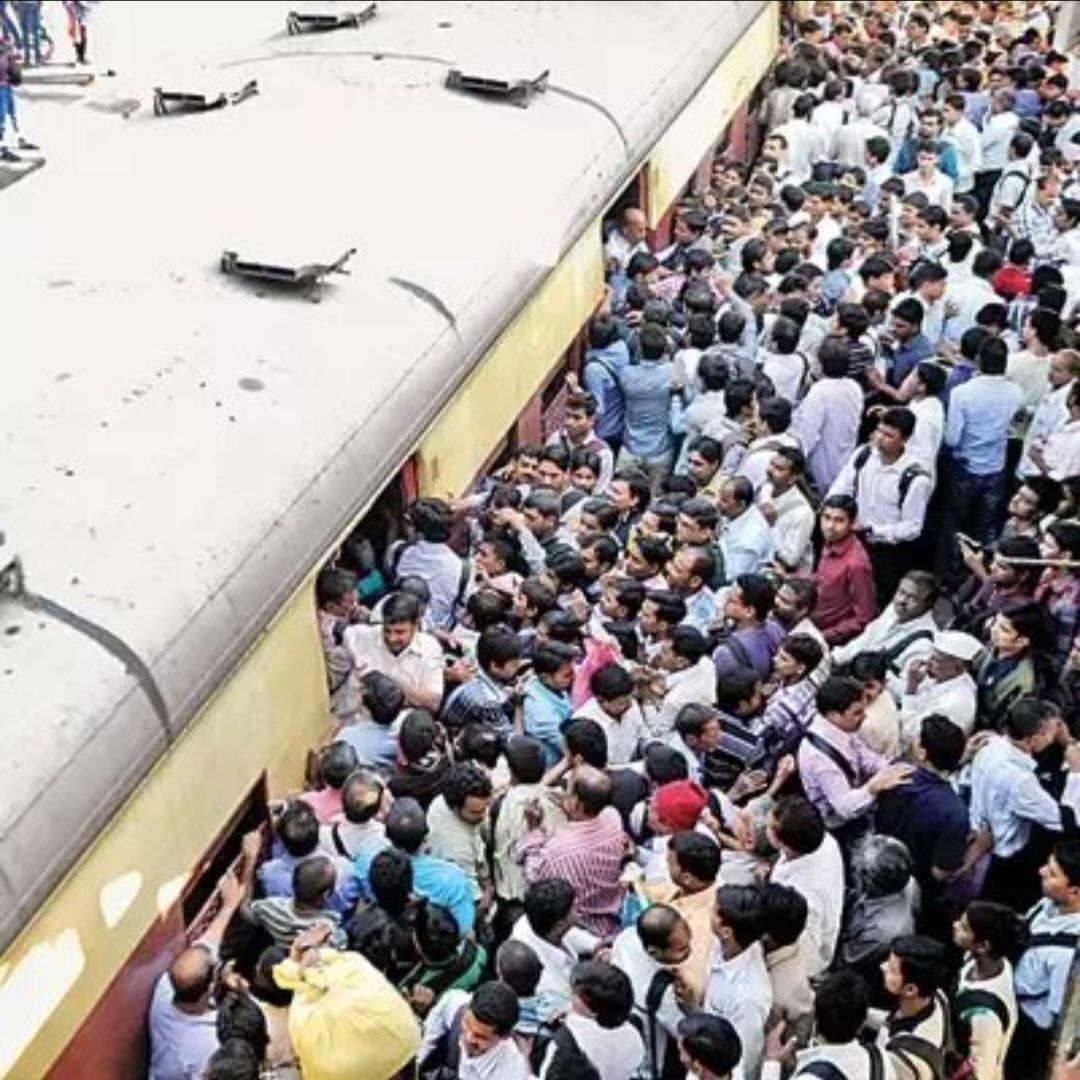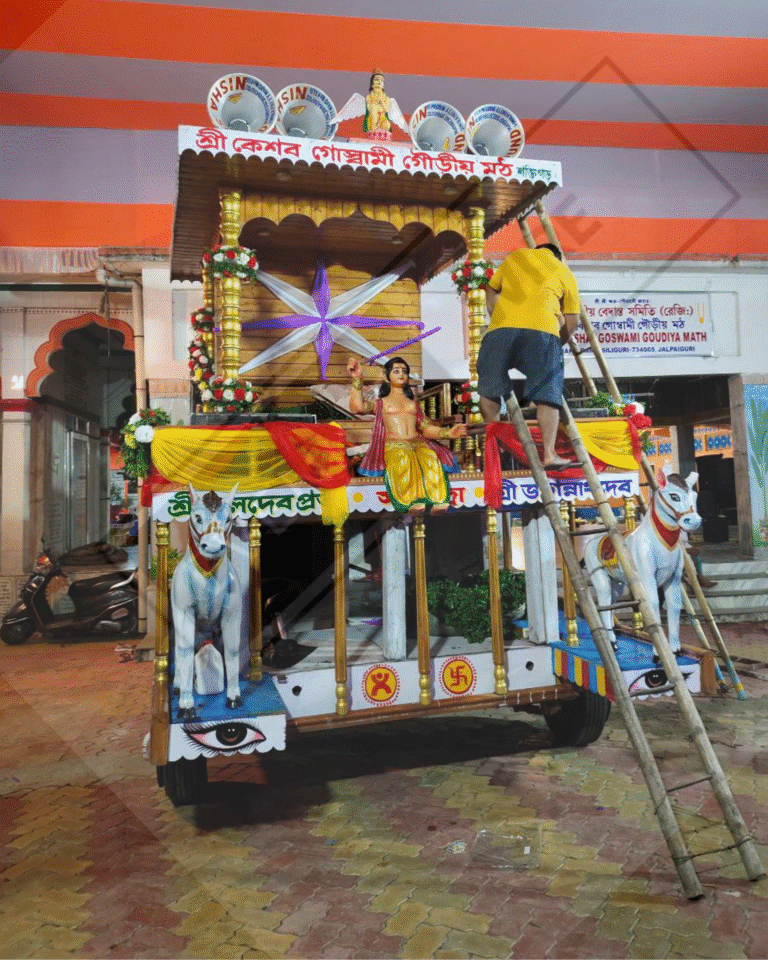
The recent tragic accident on Mumbai’s suburban railway between Diva and Mumbra stations, where five passengers died and several others were injured after falling from an overcrowded local train, has prompted Indian Railways to take significant safety measures. The accident occurred when two trains traveling in opposite directions passed each other, and passengers standing on the footboards collided due to the narrow gap, causing many to lose balance and fall onto the tracks. This incident highlighted the dangers posed by overcrowding and open doors on Mumbai’s local trains.
In response, Central Railway and the Railway Board have mandated the installation of automatic door-closing systems on all new local train rakes being manufactured for the Mumbai suburban network, as well as retrofitting existing trains with this technology to prevent passengers from hanging out or falling from moving trains. This move aims to enhance passenger safety by ensuring that train doors remain securely closed during transit, reducing the risk of accidents caused by open doors in crowded conditions.
Additionally, Mumbai’s local train system is undergoing broader upgrades, including new train designs, improved safety features, and infrastructure enhancements such as reduced gaps between trains and expansion of routes, all intended to improve safety and passenger experience. The railways also conduct regular safety drills involving multiple agencies to prepare for emergencies.
The Maharashtra Chief Minister and railway officials have expressed condolences and assured support to the victims’ families, emphasizing that passenger safety is a top priority and that investigations and remedial actions are ongoing. These developments represent a critical step toward preventing similar tragedies in one of the world’s busiest suburban rail networks.
In summary, the Mumbai train accident has accelerated the implementation of automatic door closers and other safety upgrades across the suburban railway system, addressing longstanding issues of overcrowding and unsafe travel practices to protect millions of daily commuters


